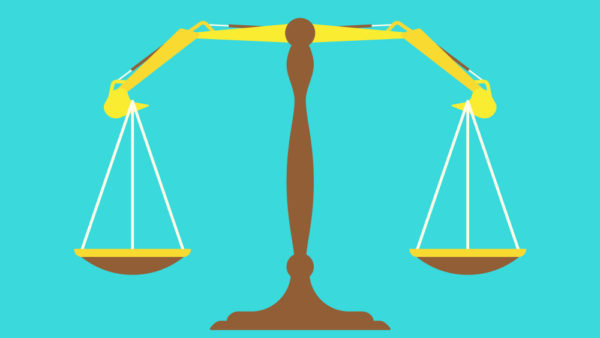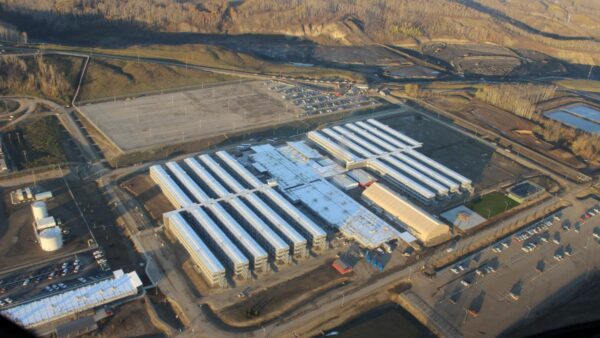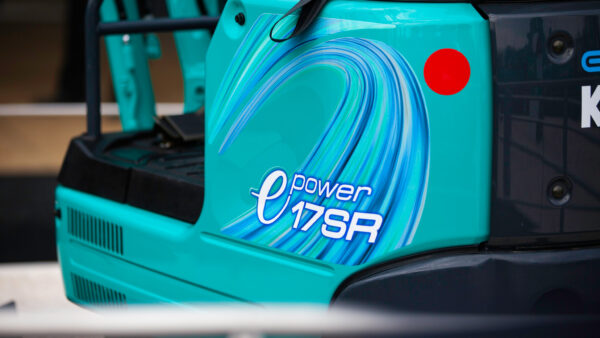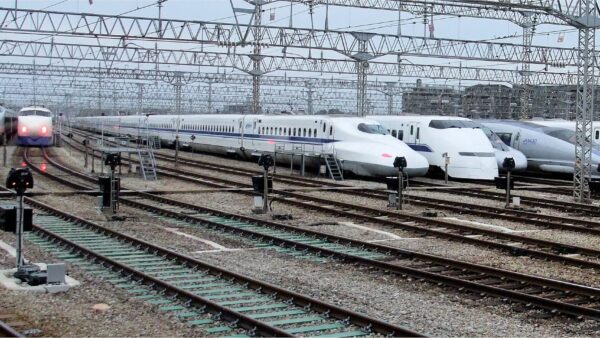Three Palestinian women have been awarded prizes in an international youth creativity competition for inventing a way to improve road surfaces in the Gaza Strip.
The three – Hadeel Abu Aisha, 22, Khadija Ramlawi, 22, and Nour Hassan, 21 – are recent civil engineering graduates from the Islamic University in Gaza City. They devised a way to use metal strips to make the asphalt self-healing.
Abu Aisha told the Al-Monitor website: “With time, cracks start to show on asphalt, and the traditional solution would be to pave the road every time, which is a costly option as 1km of asphalt costs about $1m in Gaza because of the high cost of raw materials resulting from the restrictions imposed by Israel on imports.”
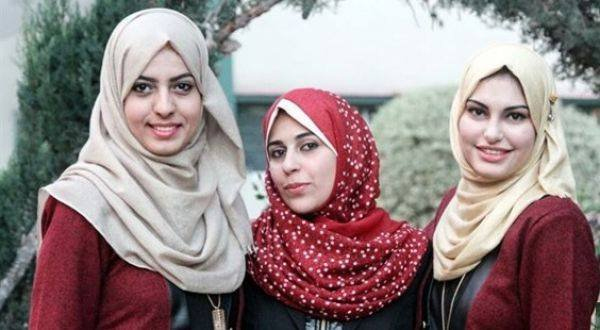
The winning entrants (via Twitter)
The women’s idea was to add iron fibres extracted from metal scrap to the bitumen and gravel of newly laid roads. The fibres protect the asphalt against degradation and eventual structural failure. The key to the process is to heat the road to 150°C while adding the reinforcement, which bonds the iron and the bitumen, closes cracks and results in a smoother pavement.
When the mixture cools, the surface becomes free of cracks. She said the lifespan of a traditional asphalt road is 25-30 years and after that the road develops cracks and potholes.
Ramlawi told Al-Monitor: “The experiments we did in Gaza were successful, but we had some difficulties – mainly the lack of some necessary testing instruments such as the electromagnetic induction machine needed to generate temperatures for the asphalt, which is nowhere to be found in Gaza. We used instead a microwave to generate heat – and it worked.”
The invention won the women first prize out of more than 6,000 entrants in the scientific innovation category of the Nasser Bin Hamad International Youth Creativity Awards in Bahrain.
First-place winners are awarded a $7,000 prize and the NBH Shield, which is handed personally by the head of the Supreme Council for Youth and Sports in Bahrain, Sheikh Nasser bin Hamad Al Khalifa. However, the women were unable to gain permission from the Israeli or Egyptian authorities, who control all movement into and out of Gaza, to attend the ceremony.
The three winners are now looking for international institutions interested in financing their project in the Gaza Strip.
Top image: The award for the Gazan women was collected by the granddaughter of the Palestinian ambassador (Nasser Bin Hamad)





